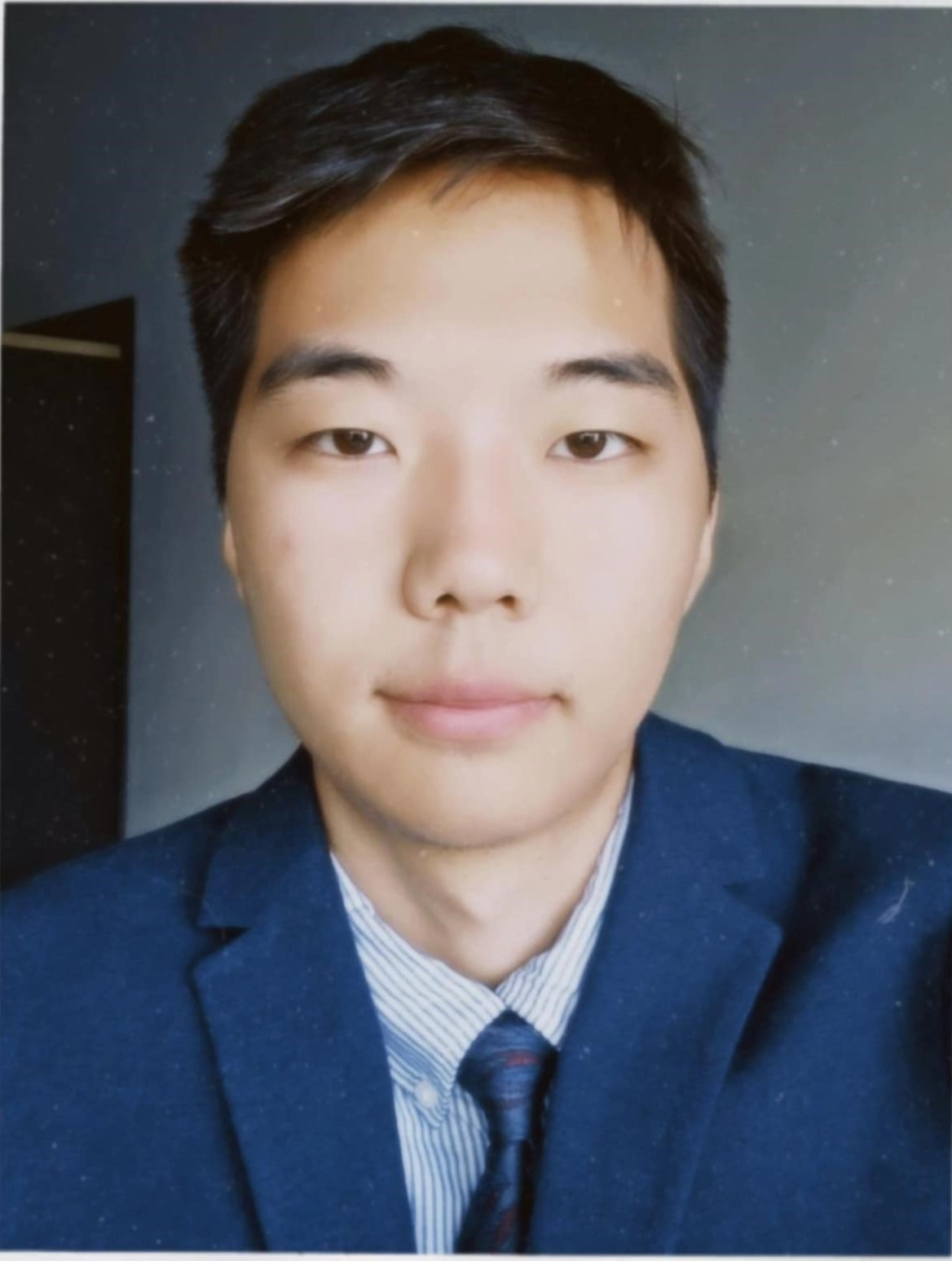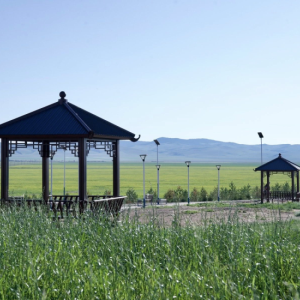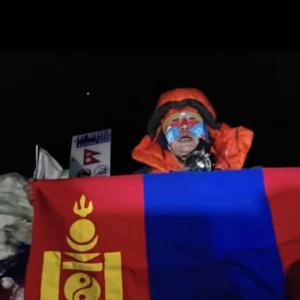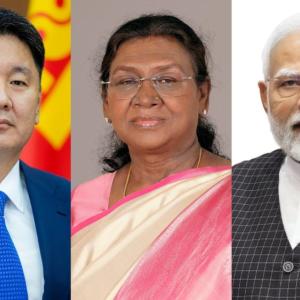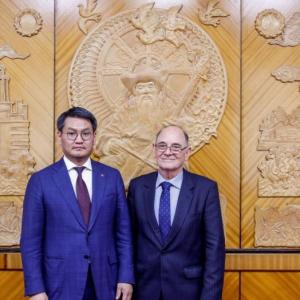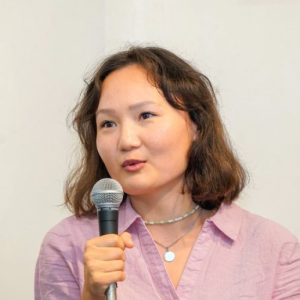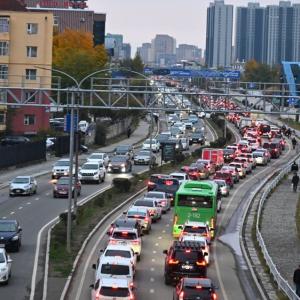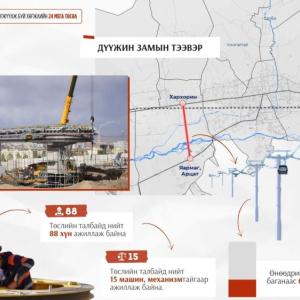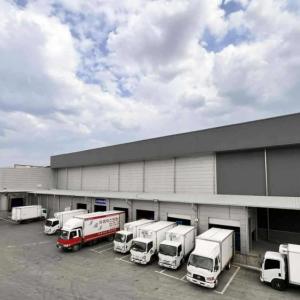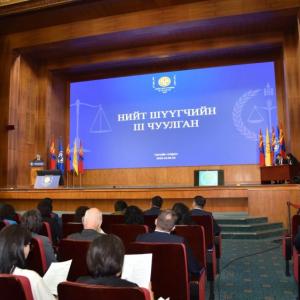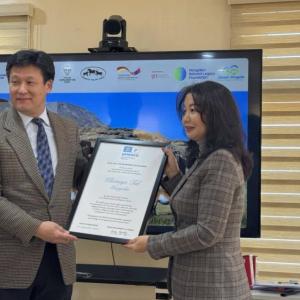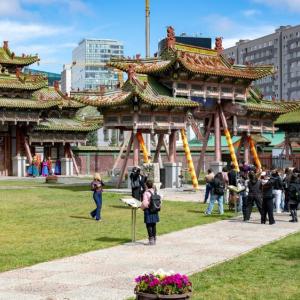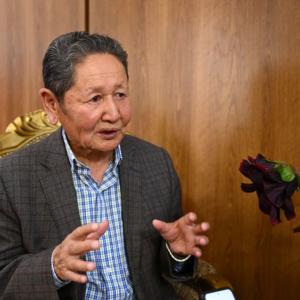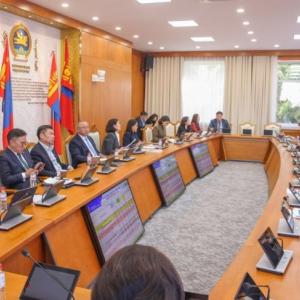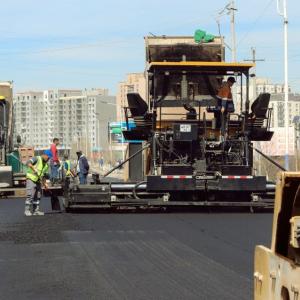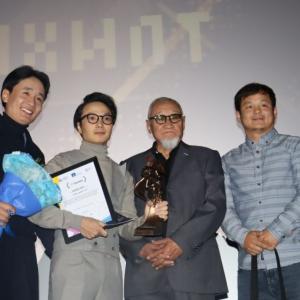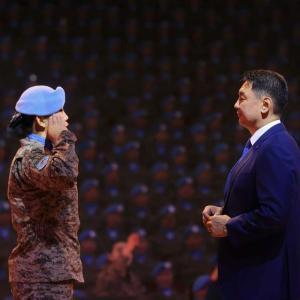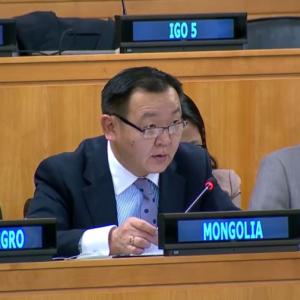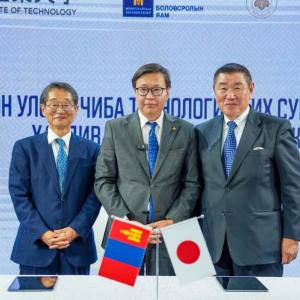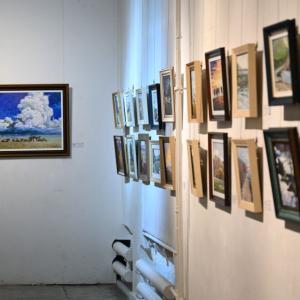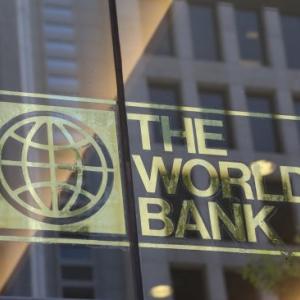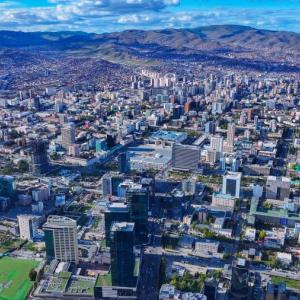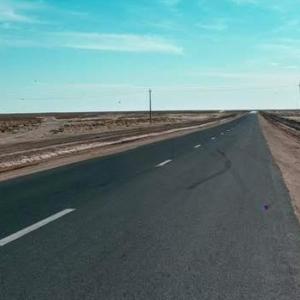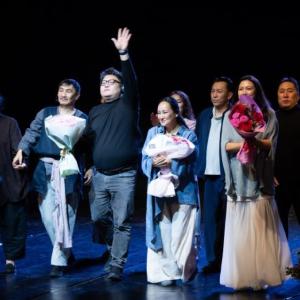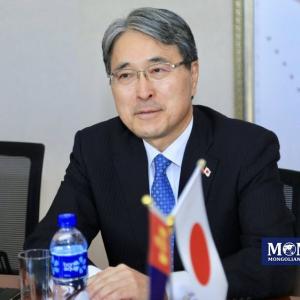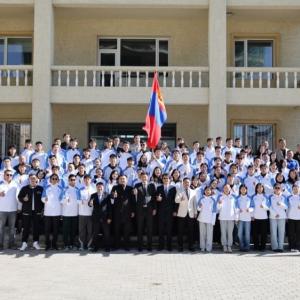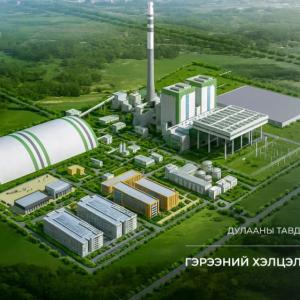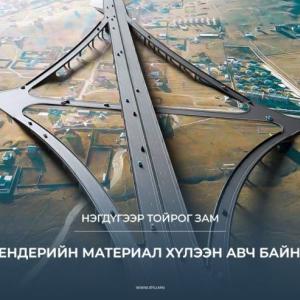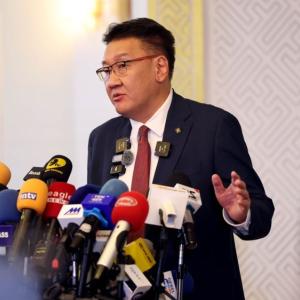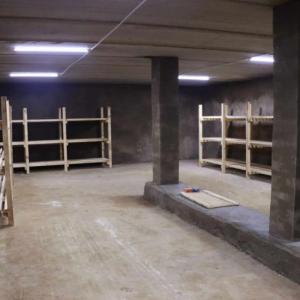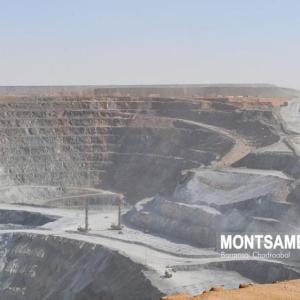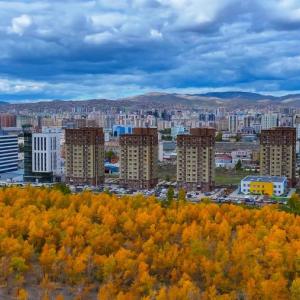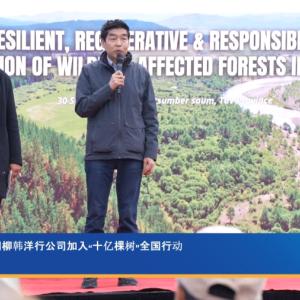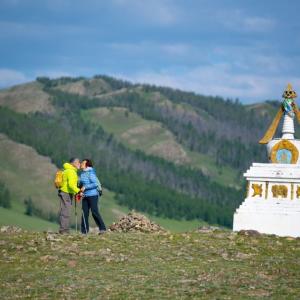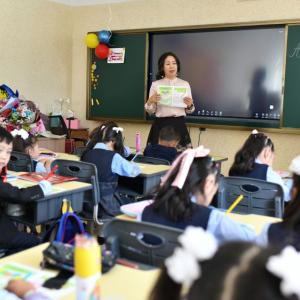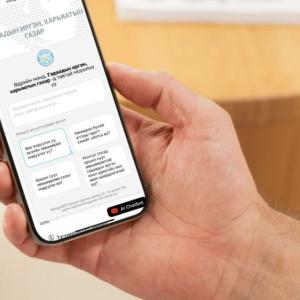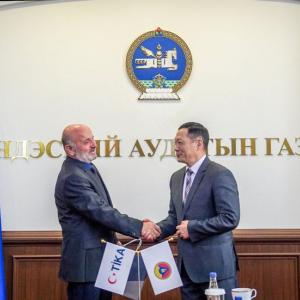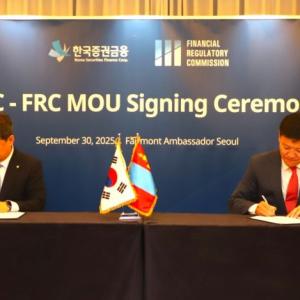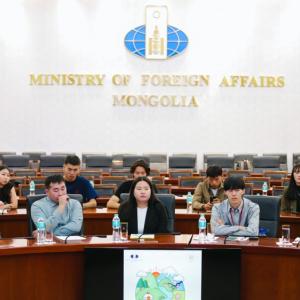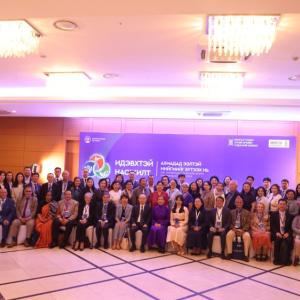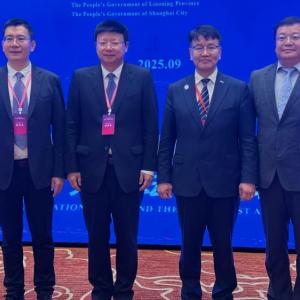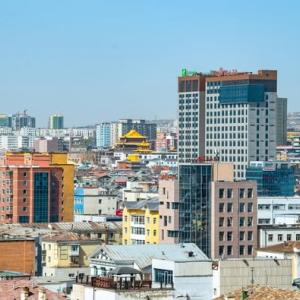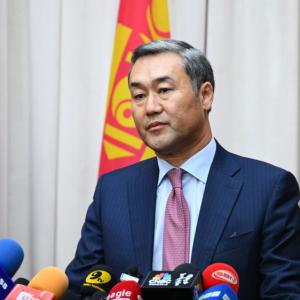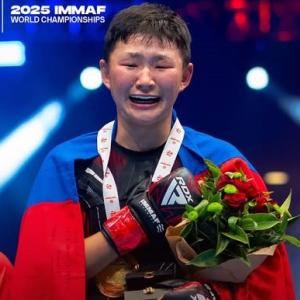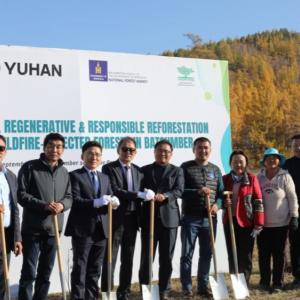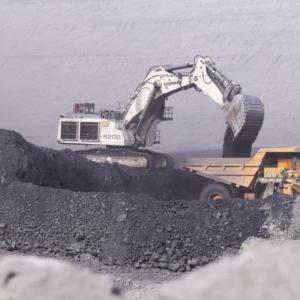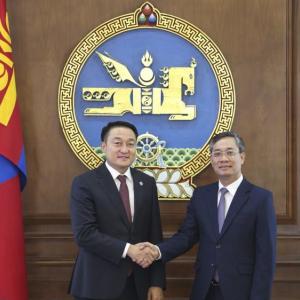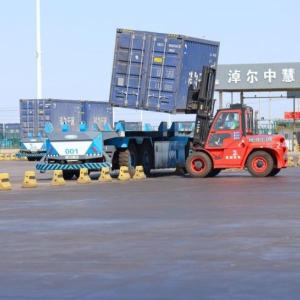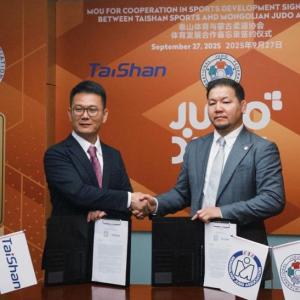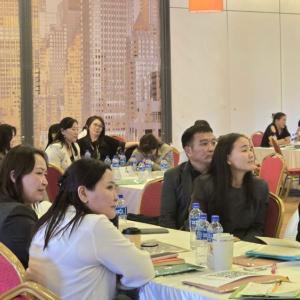B. Erdenedalai: Measures Under Way to Boost Productivity, Balance Workloads, Ensure Social Protection
Society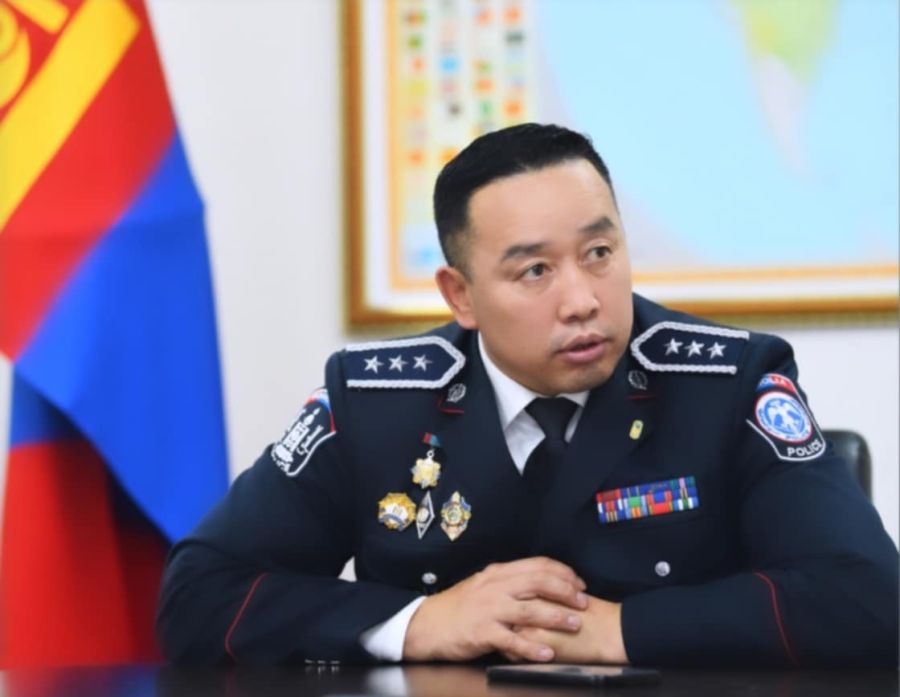
Ulaanbaatar, July 23, 2025 /MONTSAME/. Mongolia is marking the 104th anniversary of the establishment of its modern Police Organization, the 103rd anniversary of the Internal Troops, and Police and Internal Troops’ Service Day.
At the meeting of the People’s Government on July 19, 1921, the issue of police administration was discussed, and the law‑enforcement body originating from the “fifteener police” was incorporated into the structure of the Ministry of Military Affairs under the name “Military Police.” This is regarded as the origin of the modern police service in Mongolia. On this occasion, we spoke with the Chief of the Foreign Affairs and Peacekeeping Operations Division of the General Police Department of Mongolia, Police Colonel B. Erdenedalai.
– First of all, congratulations on the 104th anniversary of the Police Organization in Mongolia and the 103rd anniversary of the Internal Troops.
– Thank you very much. Through the MONTSAME National News Agency, I extend my greetings to all personnel of the police and internal troops services with a proud history spanning more than one hundred years.
– Shall we begin with a brief account of how you first became connected with the police service?
– It was a profession I thought about and dreamed of from childhood. I was born into a farming family in Erdenebulgan soum, Khuvsgul aimag, and grew up in a quiet rural settlement, learning from elders and neighbors the values and life lessons of the countryside. At that time, our soum had just one police officer. His bearing, knowledge, and skills made a deep impression on me. Whenever a problem arose, people turned to the police, specifically the local precinct officer, and issues were resolved competently, leaving everyone satisfied. From this, I learned that being helpful to others, gentle toward what is right, and strict toward what is wrong truly matters; that experience drew me toward a career in policing. I entered the Mongolian Police Academy in 2000, crossing the threshold into a responsible and honorable service. For more than 20 years, I have worked as a career public servant, striving each day to learn, to improve myself, and to stand in support of our people.
– There used to be an assumption that only armed forces took part in peacekeeping. That has changed: police, internal troops, emergency services, and other uniformed branches now serve in these missions. You were among the first Mongolian police personnel to deploy internationally as an individual peacekeeping officer. It must have been an honor representing Mongolian police officers. What was it like on the ground in South Sudan?
– In 2015–2016, while Brigadier General R. Chingis was serving as Chief of the General Police Department, steps were taken to send individual police officers to United Nations peacekeeping operations. As a result, in 2016, Mongolia’s police deployed independent police advisers for the first time, two officers each to South Sudan and Sudan. I was one of those officers and served during 2016–2017. Throughout that mission, I carried a strong desire to pave the way for others, especially in deploying a Formed Police Unit of 160–170 officers. When I was appointed to my current position in 2022, I had the opportunity, supported by leadership and colleagues, to advance a key goal: establishing the legal framework, procuring the required equipment, training officers, and preparing for readiness within a short period. I am confident that we will deploy our first formed police contingent shortly.
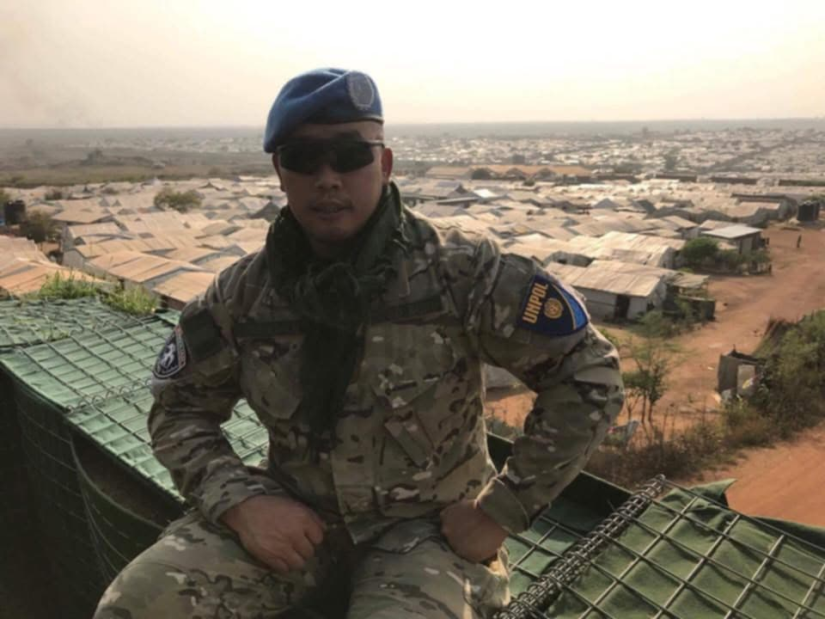
– Citizens may not be very familiar with the international relations of the police service. How far has international relations and cooperation expanded?
– The need arises from practical demands. Crime methods evolve; trends shift; effective countermeasures, professional training, and access to advanced technology all depend on international cooperation. Because the police play a central role in safeguarding a country’s internal security, it is essential to understand global systemic changes, anticipate resulting risks, and respond promptly. For these reasons, the police and internal troops drawing on Mongolia’s Foreign Policy Concept and National Security Concept have steadily expanded and strengthened foreign relations and cooperation. Today, we can rapidly exchange criminal intelligence and threat information with law‑enforcement agencies in virtually any country. We also send officers in significant numbers to leading international training institutions in the rule‑of‑law and law‑enforcement fields, thereby improving our capacity to combat crime, ensure public safety, and maintain public order.
– There are many opinions, good and bad, about the police. As someone who has served for more than two decades, what, in your view, defines the pride of being a police officer?
– Policing is one of the finest professions for those who choose to serve the State and people and commit to continual self-development, and it is also one of the most stable careers. As President of Mongolia, Khurelsukh Ukhnaa has said, police officers perform a special duty in strengthening independence, security, national unity, and shared civic values. Of course, every profession has two sides, but I believe the good outweighs the bad, and the public understands this. Police officers must often work in the shadows of society, where problems are concentrated. Long service in that environment can cause even excellent officers to experience frustration, stress, and an increased risk of error. Such cases do occur. Recognizing this, police leadership in recent years has evaluated the situation and placed greater emphasis on stress management, engaging professional psychologists, and achieving meaningful results.
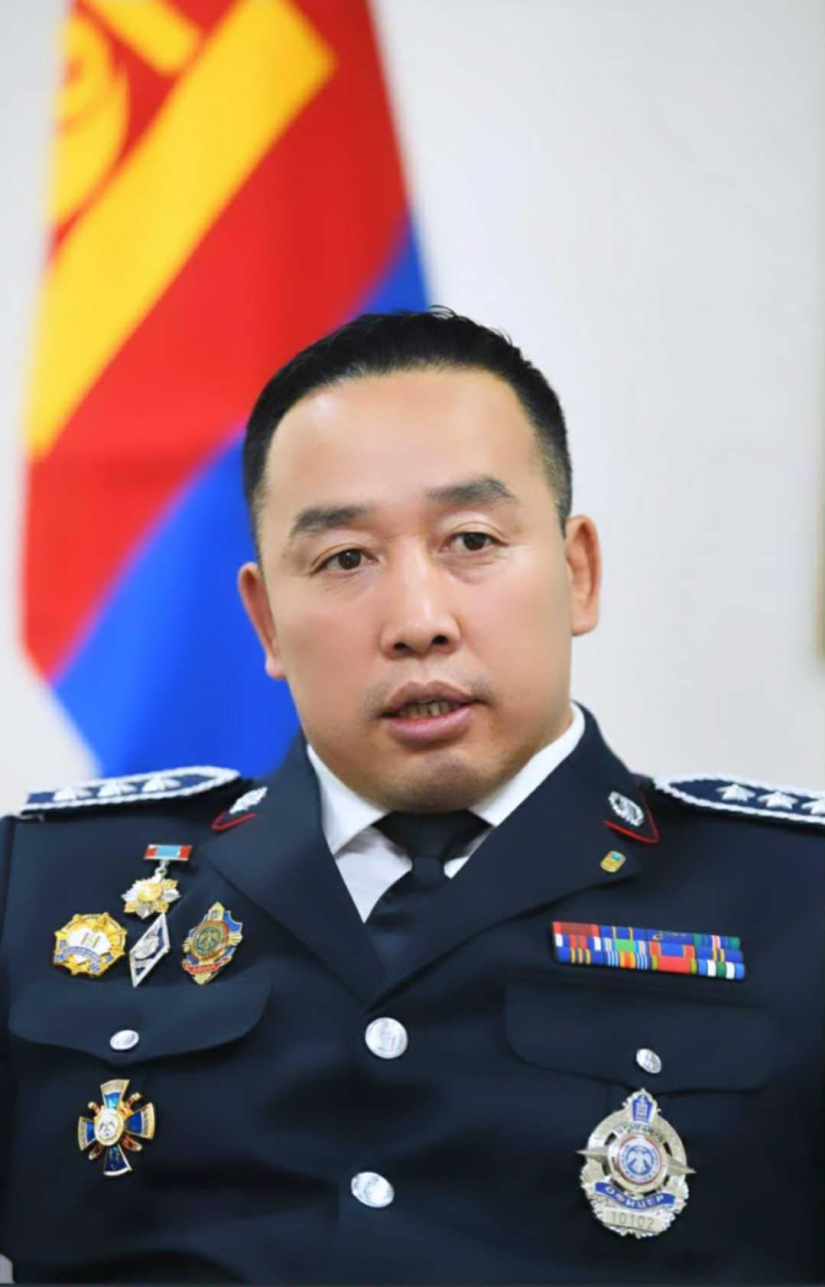
– And how do you personally manage stress and frustration?
– I cannot claim to manage it perfectly. But in carrying out my duties, I try to follow core professional principles: be professional, respect differences, remain true to one’s standards. I also make it a point to visit a school every year on September 1, the opening day of the academic year. There is no anger, stress, or ill will; there is only happiness and laughter. It is the best place to see and feel positive energy. I draw strength from that environment for the year ahead. Those children’s laughter and joy must never be interrupted; because of them, I remind myself to work well. I encourage my colleagues to experience this too; those who truly feel it will not go astray.
– How do you lift the morale of officers? Police are the first to stand in front of every situation, and discouraging moments must be common.
– Of course, there are discouraging moments. But after about ten years of service, discouragement and psychological strain tend to ease. This is a profession that requires time. If an officer develops decision-making skills, discouragement recedes. International research supports this. Police make a great many decisions; that, more than workload, is what wears them down. If officers approach issues from multiple perspectives, reflect carefully, and work as a team, the likelihood of discouragement falls. Without decision-making ability, stress grows and with it discouragement. Police deal with people of every temperament; responding professionally in all cases defines competence. Interpersonal skills are therefore essential. Decisions need not always be large ones; even taking a moment to weigh options in those two seconds before acting matters.
– What policies are the Ministry and your organization pursuing for the professional development of personnel? What progress has been made?
– The Ministry of Justice and Internal Affairs and the police service are working to improve the social protection, knowledge, and skills officers need to perform their duties effectively on behalf of citizens and the State. These priorities are integrated into long‑, medium‑, and short-term planning. We strive to anticipate problems in advance so that real risks can be reduced. In recent years, we have placed special focus on productivity in the public service, increasing efficiency, balancing workloads, and introducing evidence-based measures across multiple fronts. Results are emerging. Among the initiatives to strengthen social guarantees are ensuring that officers fully receive the statutory benefits to which they are entitled, expanding participation in housing programs, and creating opportunities to serve in peacekeeping operations, among others.
– Human resources remain a major challenge across many sectors in Mongolia. Is the police service experiencing similar issues with staffing?
– Human resource constraints are a global issue, not just a Mongolian one. We conduct regular recruitment to bring in new officers, yet retention and workforce stability remain difficult. Even so, thanks to sound human resources policy and effective management, we have recently achieved our highest staffing fulfillment rate to date.
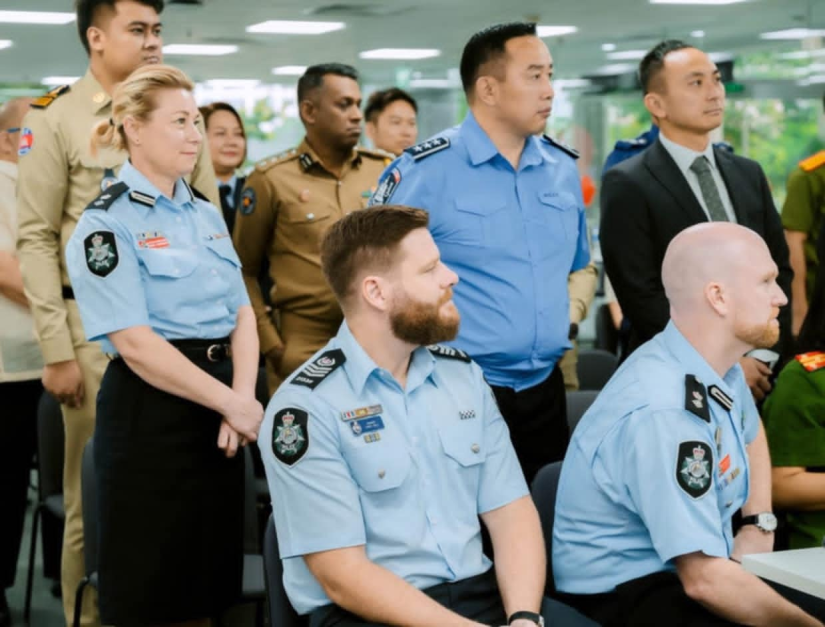
– Thank you for your time. A final message to all officers?
– Every generation stands on the shoulders of the one before it. Whatever level we serve at, we must remain mindful that we are public servants bearing responsibility before the State and its citizens and that through our actions we are shaping our country. Mongolia’s history is immeasurably rich, though not without hardship; we must learn from the times when we rose and rebuilt and take lessons from periods of decline. It is our solemn duty to pass on to the next generation the wisdom of our ancestors together with the knowledge and skills we ourselves have gained. I urge all officers to keep this principle close.
 Ulaanbaatar
Ulaanbaatar











